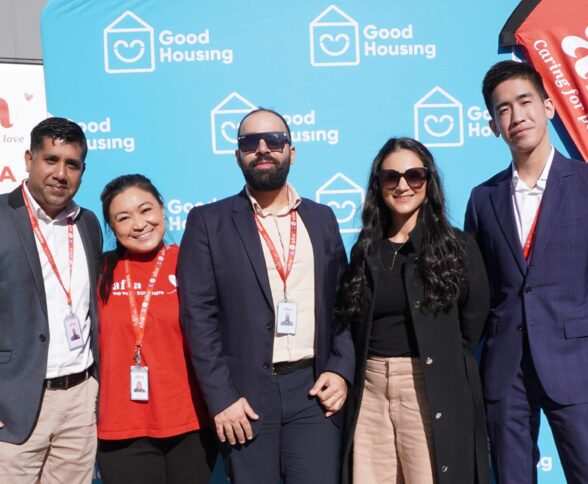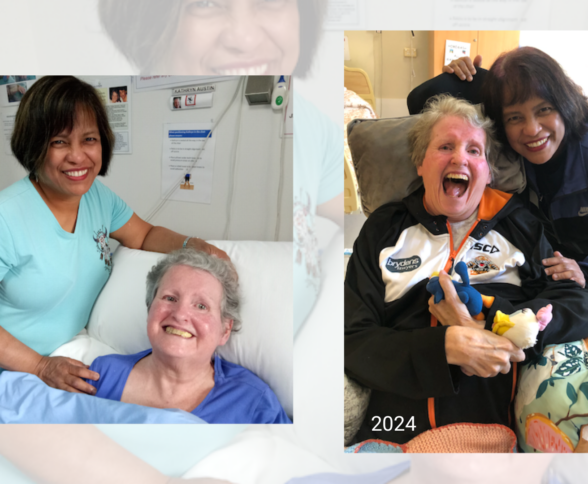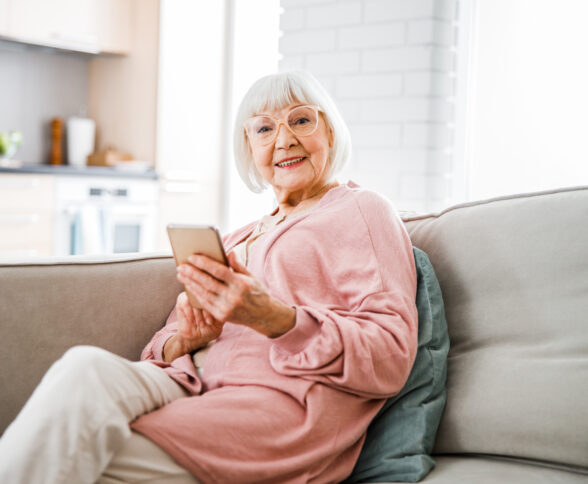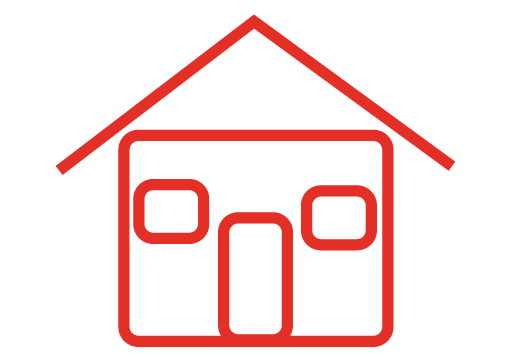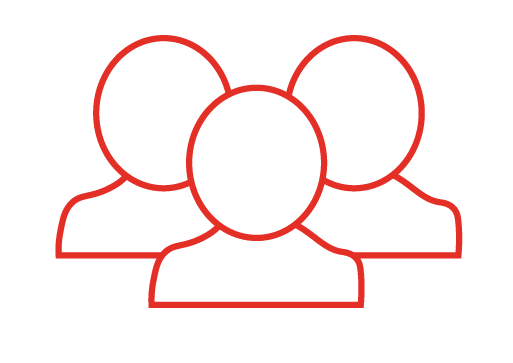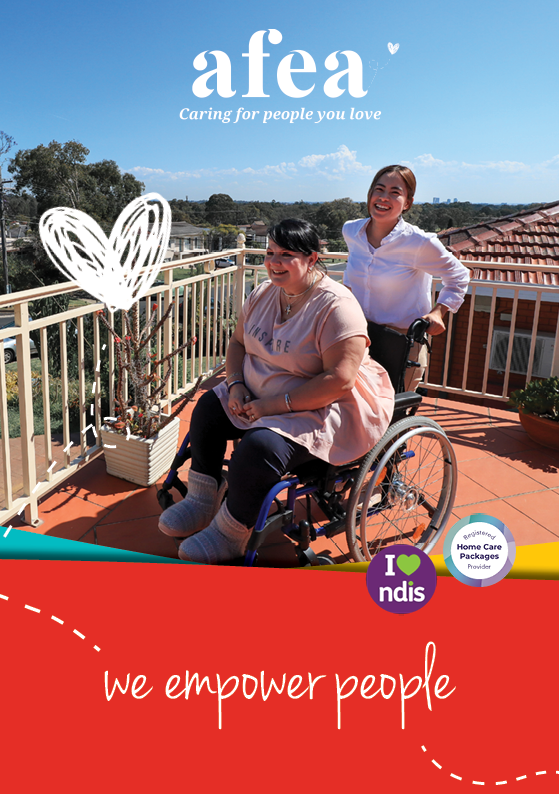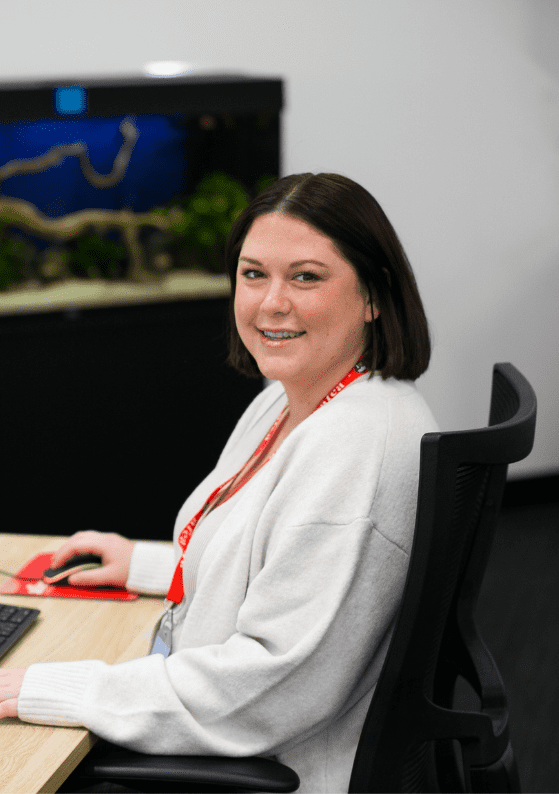Why helping our clients with their mental health is so important at Afea
At Afea, talking about mental health isn’t something we only do on one awareness day or month. It’s pivotal to our workplace culture. We’ve spoken about how we work on mental health at work. As our carers spend most of their day with clients, we thought it was important to highlight how we help our clients with their mental health too.
We have learnt mental health first aid
With one in five of Australians experiencing a mental health illness each year, we recently trained up in mental health first aid. This amazing course gave us the skills to recognise when one of our friends, colleagues or clients is experiencing a mental health emergency and what to do about it. We are honoured to be part of the first million Australians to be trained up in mental health first aid.
We provide companionship services
Loneliness and isolation can have a profound effect on our mental health. A UK survey found that a quarter of people with a disability felt lonely every day. Loneliness has been compounded this year with Covid-19. People with a disability are considered more vulnerable so many people have had extended periods at home to avoid exposure to the virus.
The NDIA has made allowances for funding to be used more flexibly as a result of the pandemic, and people are able to use their funding in different ways. Often our clients would have services that took them out into the community or be involved in activities that are not as safe as they were. As an alternative, Afea carers have been visiting them in their homes to keep them company and do activities with them. It can be as simple as playing games, watching movies together or talking sport! Having this support and someone to spend time with can help reduce feelings of loneliness and social isolation and is a good way to use any outstanding funding.
We match carers and clients
When a new client joins us, we give a lot of thought to who we assign as a carer. Many of our clients see their carers every day, sometimes more than even their own family and friends. Which is why we find the best fit for both carers and clients. We match based on interests, cultural background and language so when they’re receiving services, they get along and become close. Feeling connected to someone can be a protective factor against anxiety and depression, so it’s vital that our carers and clients feel this genuine connection.
We check-in and follow up
Caring for our clients’ mental health is just as important as their physical health. Our carers are so close to their clients that they can tell if they’re having a bad day. If they’re worried about a client for any reason, they report it back to head office. From there, we will have someone check-in with the client or we’ll talk to their family members. Our carers are like part of the family with their clients and always want what’s best for them.
We help our clients access social and community services
It’s not just about helping our clients within the home. We all know how important it is to get out and about for our mental health and it’s no different for our clients. We help our clients access social and community services such as craft groups, dance classes, book clubs or meetups with family and friends. We have provided extra PPE to make sure these social activities can go on wherever possible, even during this pandemic period.



